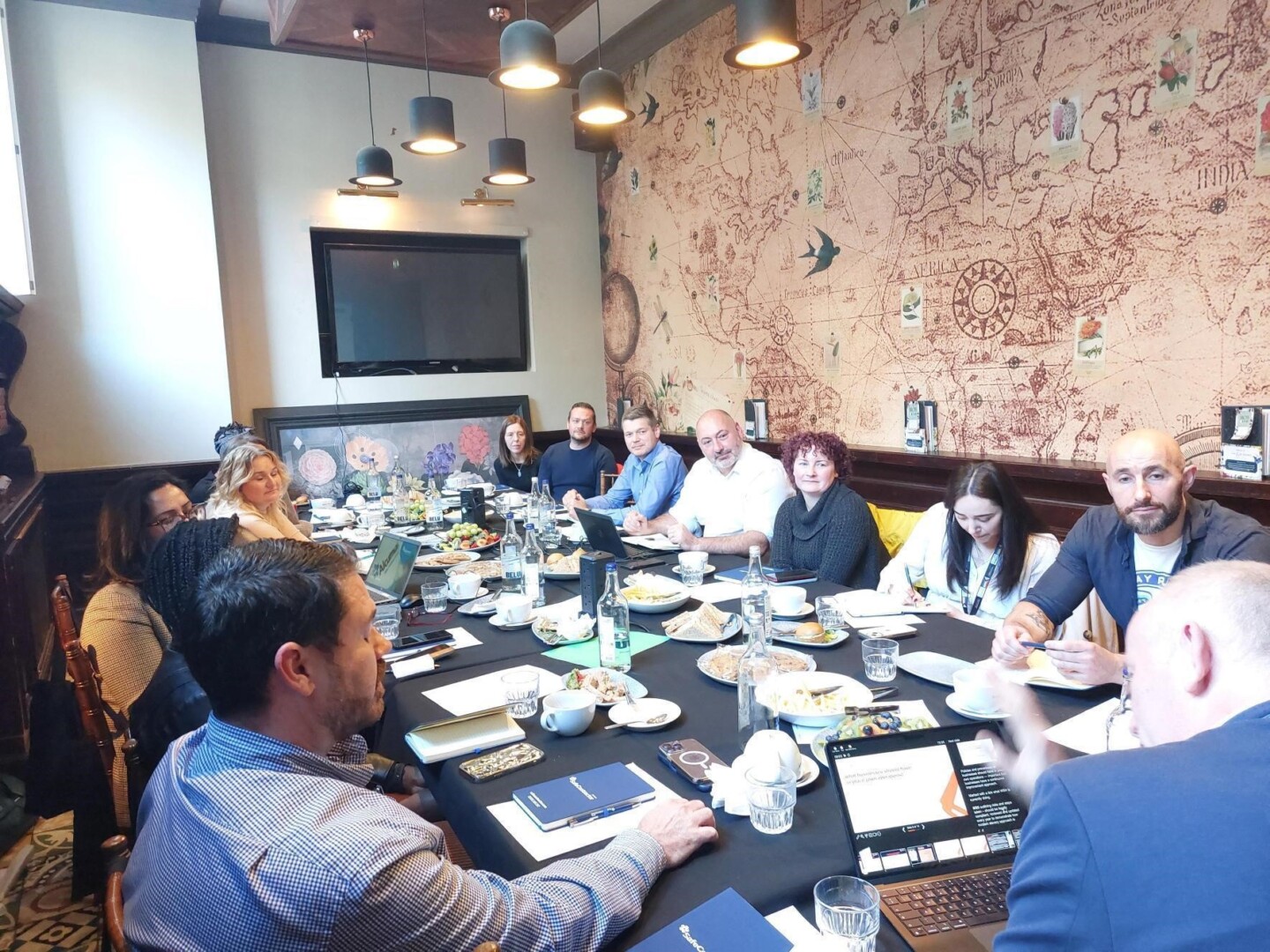


At our recent procurement roundtable event, industry leaders from across the UK came together to address the critical issue of modern slavery within supply chains. Guest speaker Andrew Wallis from Unseen also shared stark facts and compelling case studies, highlighting the involvement of major brands like Boohoo, Nike and Gap’s in sweatshops and child labour.
It’s clear that businesses must take proactive steps to ensure transparency and accountability, or risk serious financial and reputational damage.
It’s not a matter of if but when modern slavery impacts your supply chain. This pervasive crime, particularly false labour, accounts for 60% of modern slavery cases according to a report on Unseen. In the UK alone, 130,000 people are estimated to be victims, at a cost of £50bn, with 50 million victims worldwide. Behind these statistics are real people suffering in various industries, with the worst affected sectors being transportation, utilities, entertainment, logistics, domestic work, and construction. The care sector ranks as the most vulnerable.
With increasingly sophisticated methods being used, businesses must be vigilant and take ownership of identifying and addressing these risks within their supply chains.
Significant legislative changes are on the horizon to combat modern slavery, including the upgraded Modern Slavery Act, potential new tariff laws, and increased fines that could reach up to 5% of a company’s turnover.
As legislative changes loom, businesses can no longer rely on ignorance and must shift from tick box-box compliance to genuine accountability. Focus needs to be placed on transparency, as consumers and investors demand real action, not greenwashing.
To combat modern slavery, businesses need to integrate due diligence into everyday practices, much like health and safety protocols. Regular training, monitoring, and a solid audit trail are essential for compliance and safeguarding reputation.
There is more to modern slavery compliance than just avoiding fines. As highlighted during the event, businesses that commit to ethical practices not only improve their brand reputation but also experience commercial gains. Deloitte’s research shows that suppliers and consumers are more inclined to work with businesses that demonstrate a strong commitment to ethical and sustainable practices.
Navigating the complexity of supply chain compliance requires the right partnerships. Trusted partners like SafeContractor can help streamline efforts, providing audits, tools, and insights to reduce compliance risks and manage multi-tier supply chains effectively.
The ongoing race to minimise costs is preventing effective risk management. Instead, companies should prioritise the commercial benefits of doing the right thing, from protecting reputation to unlocking financial savings and efficiencies. Just as health and safety performance has improved over decades through dedicated strategies, human rights performance must be treated with the same rigor and commitment.
To effectively address modern slavery risks, businesses must begin by creating a standard that applies to all suppliers, regardless of size, and embed it through policy to avoid a tiered approach where SMEs are left behind. By ensuring a proportionate, unified standard, companies can maintain consistency across their supply chains.
Then to achieve meaningful compliance, businesses need baseline data: knowing who their suppliers are, where they operate, what they do, and how much is spent. From there, targeted training, awareness programmes, and practical tools, including workshops and templates for SMEs, are crucial to building long-term resilience and ensuring supply chains are both compliant and ethical.
Partners like SafeContractor can remove the administrative burden, provide visibility into risks, and offer the data needed to tackle resource challenges, particularly in the face of acquisitions and limited capacity.